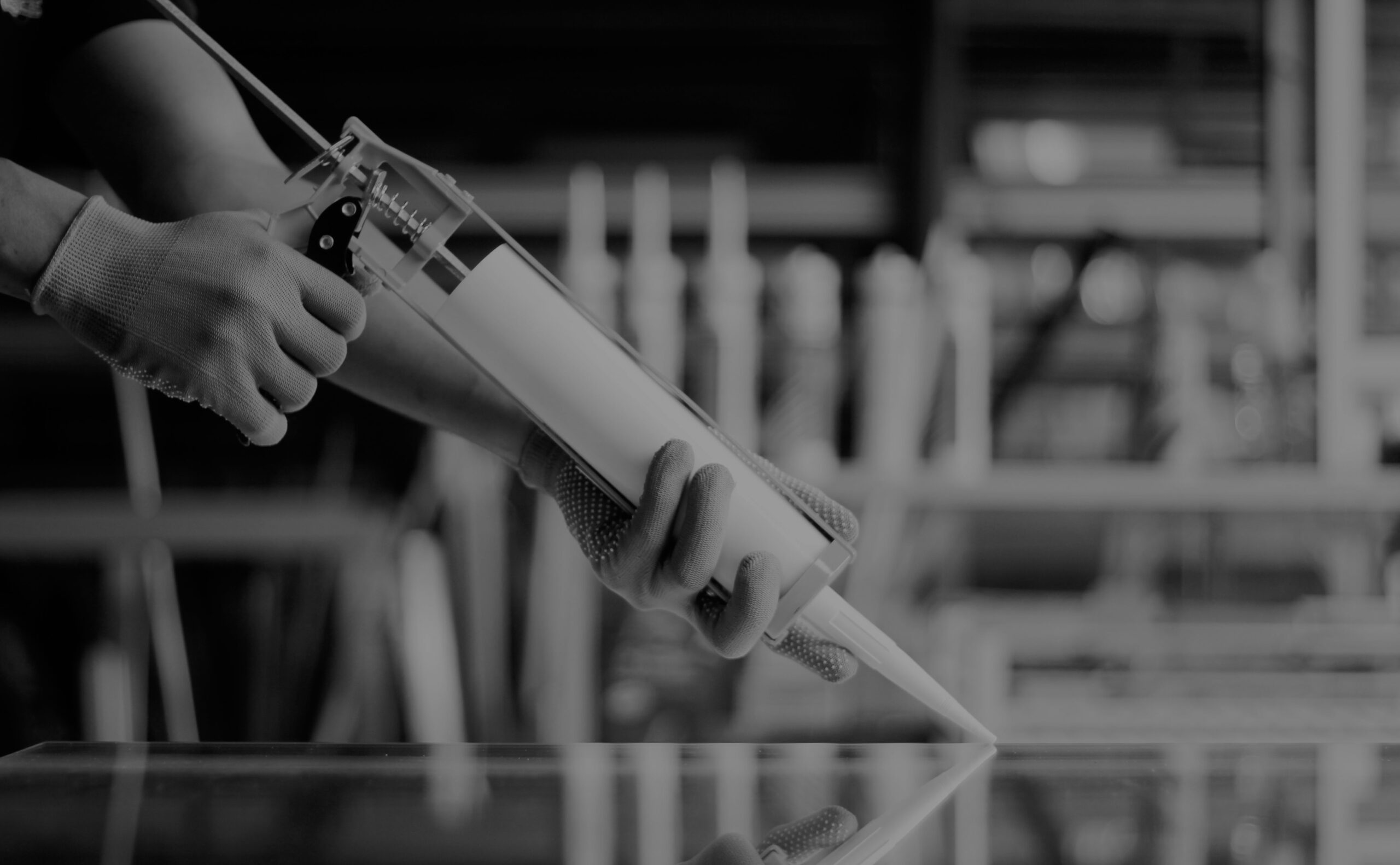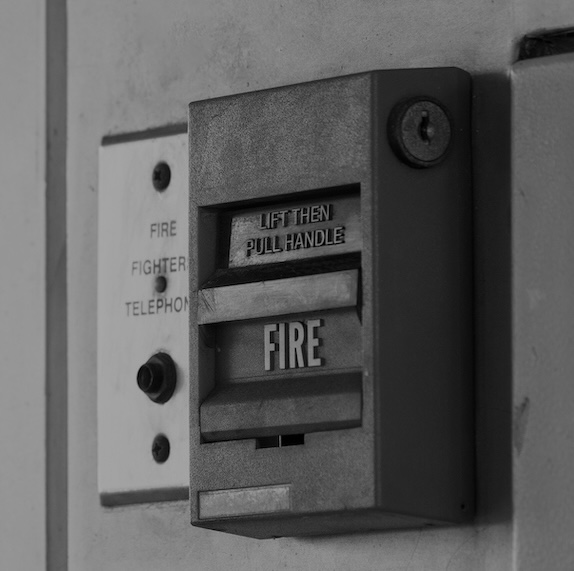VALUING ASSETS: WHAT TO ASK WHEN ACQUIRING A COMPANY?
When buying a business, as you get to the sharp end of the deal, you need to have detailed replies to a wide range of questions. These will vary depending on the nature of the purchase and on the complexity of the business’ operations. Seeking expert advice with these sorts of questions is always preferable as a part of the due diligence process.
One key area that you should be focussing on as a potential buyer is the business’ assets as they are a significant part of the overall valuation of the company. All companies have them, even if they carry no physical stock, so make sure your line of enquiry delves into all the types of assets on the balance sheet. One type of asset you may not have considered are so-called intangibles, such as trademarks and websites, for example.
Regardless of the type of asset you happen to be considering, there are some key questions to put to the vendor or their agent. Expect full answers to your questions about assets. If they are not forthcoming, then it may be a sign that the firm’s financials are not quite what they seem and you may want to consider a debt-free, cash-free offer.
If There Are Significant Assets Within the Business, What Are They?
 Buying a business means that you will acquire its assets unless, exceptionally, these are not to be included in the deal. Such circumstances are rare and only usually come about when a trading name is acquired rather than the business as a whole. So it is up to you to figure out what the assets are and, as importantly, the value they are to you.
Buying a business means that you will acquire its assets unless, exceptionally, these are not to be included in the deal. Such circumstances are rare and only usually come about when a trading name is acquired rather than the business as a whole. So it is up to you to figure out what the assets are and, as importantly, the value they are to you.
Some will hold their value over time, like certain fixed assets, but some will depreciate. Even today they may be worth less than they are shown for. For example stock with a short shelf life is often overvalued and, potentially worthless.
Other, so-called liquid assets, may not be as attractive post-sale either. For example, cash is an asset but this could feasibly be taken out of the business before the purchase goes through. In any sale document you receive, there will be a net asset value (NAV) figure that is quoted. It is important to understand how this figure has been calculated.
Ask yourself: how susceptible it is to changes in market conditions? What proportion is made up of physical versus intangible assets? Drill down into the NAV figure by asking pertinent questions to understand its constituent parts.
Furthermore, if the assets are stock, go and take a look. Ask for a detailed breakdown of the products and have an independent asset valuation.
How Have the Assets Been Valued?
It is easy for a seller to come up with a great NAV figure that boosts the potential sale price of the business. They simply overvalue assets. Stock, business equipment, tools, office furniture and other physical assets should all have a value that has been arrived at fairly. But double-check that they have been valued correctly according to normal accountancy rules.
There are tax rules on the way certain assets, such as company cars, can be valued over time. So we recommend looking in detail at the book value over the last three to five years. In addition, the valuation assessments for physical stock should be consistent. Even if you disagree with the valuation, if it has been worked out in a consistent manner, then this will allow you to negotiate what you think it is worth in a rational way rather than picking every asset apart individually.
What Method is Being Used to Deprecate the Assets?
 Some assets have value to a business that will run over several years. Unlike stock, which might be expected to be bought and sold in one accounting period, it is not possible to value longer-lasting assets like normal business costs. One business may choose to depreciate such assets rapidly so that its tax benefit is maximised. Another may depreciate assets more slowly which means they may be overvalued.
Some assets have value to a business that will run over several years. Unlike stock, which might be expected to be bought and sold in one accounting period, it is not possible to value longer-lasting assets like normal business costs. One business may choose to depreciate such assets rapidly so that its tax benefit is maximised. Another may depreciate assets more slowly which means they may be overvalued.
A good example of this is to think of a company van which has a paper value that is greater than its real-world value because it has been depreciated over many years. This might mean you couldn’t sell it for the value it supposedly has as part of the NAV.
This could equally apply to plant, machinery or office equipment. Understanding the depreciation method used in each case will help you to assess the true value of the company’s assets.
Who Are the Business’ Debtors?
People who owe the business money, for example, clients, are debtors. Much of this is likely to be paid in the fullness of time and therefore debtors are commonly considered an asset. However, long-standing debt is more likely to remain unpaid.
Perhaps there are contractual or service delivery issues to sort out first. Ask how many debts fall into this category and are therefore less likely to be considered true assets. Finding out how many debts in past years have been written off is also a useful line of questioning to ask, too.
What Are the Liabilities Made Of?
 The flip side of money the business is owed is the level of debt held by the business. Ask how this is being serviced. For example, monthly loan repayments, and understand how this will this be serviced post-acquisition. Sometimes, liabilities like these will be the buyer’s responsibility after the sale has gone through, but you may be able to negotiate to have the seller remain bound to any debts and liabilities, depending on their nature.
The flip side of money the business is owed is the level of debt held by the business. Ask how this is being serviced. For example, monthly loan repayments, and understand how this will this be serviced post-acquisition. Sometimes, liabilities like these will be the buyer’s responsibility after the sale has gone through, but you may be able to negotiate to have the seller remain bound to any debts and liabilities, depending on their nature.
Is The Property Owned?
Businesses with freeholds often have their property owned by a separate business that leases it back to them. Ask how any future leasing arrangement will be made and whether or not you will acquire the freehold with the business sale. It is also important to clarify the terms of the lease going forwards if the property is not sold. If it is, then confirm the land’s valuation by asking whether there are certain development restrictions or local market conditions which may have altered its value.
Another key question to ask is how the way they account for their property potentially reduces business costs. For instance, if the owner of a business owns the property it operates from personally, then it could increase the calculation of EBITDA. In such cases, if buyers acquire a business without an equivalent premises, then they may face a large increase in costs and this would need to be negotiated before any sale is finalised.
Speak To The Independent Experts
 If you’re wanting to acquire a business then speak to the independent experts at Unloq. We help business owners and entrepreneurs acquire the right opportunities, by using our vast expertise from searching to completion. We save you a large amount of time in the process, and make sure that the process is managed professionally from start to finish.
If you’re wanting to acquire a business then speak to the independent experts at Unloq. We help business owners and entrepreneurs acquire the right opportunities, by using our vast expertise from searching to completion. We save you a large amount of time in the process, and make sure that the process is managed professionally from start to finish.
If you’re interested in having an initial conversation regarding acquisition, then call us on 01962 609 000.

 +1 (0) 417 671 854
+1 (0) 417 671 854 












